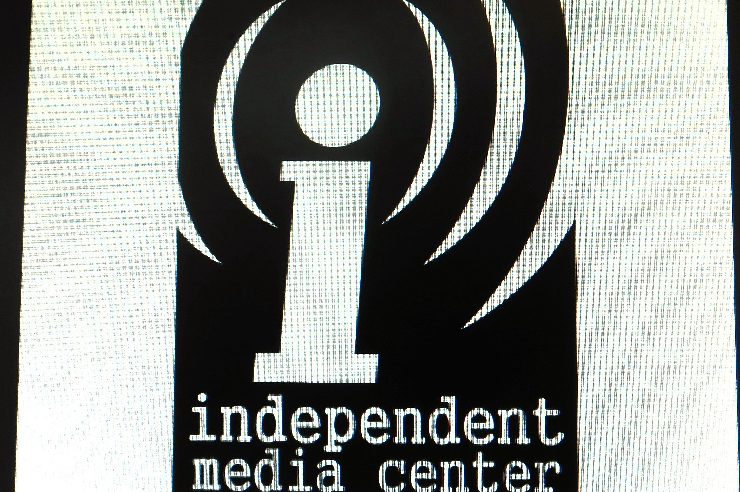An op-ed from the Democratic National Convention.
Published in the Los Angeles Independent Media Center.
Forget all the populist talk you have heard coming out of this summer’s major political conventions. The real show for Americans wanting change is in the streets.
Those willing to buy the carefully stage-managed performances of the Republican and Democratic hopefuls saw the two leading presidential candidates swing sharply to the Left. First, conservative George W. Bush reasserted his status as a warm, compassionate centrist. Speaking on behalf of immigrants and single moms, he called for the country to “tear down that wall” separating the haves and have nots.
Just a couple of weeks later, the normally business-friendly Al Gore morphed into a raging New Dealer, vowing to fight against the “powerful interests” of the rich.
In this prime time revolution, it was as if million dollar politics-as-usual had gone out of style. As if the “Republicrat” consensus to speed corporate globalization, to grow the military and the prison-industrial complex, and to block campaign finance reform had finally cracked.
But no. Behind the scenes, party coffers filled with soft money and objectionable policy positions remained unaltered.
The people truly standing up to the sale of democracy and advocating policies that would benefit the majority of working Americans had to protest outside the conventions. There, mass battalions of police officers gave Philadelphia and Los Angeles the tense feel of military zones. But they could not fully contain an eruption of democratic dissent.
During two distinct weeks of nonviolent action, thousands came out to publicize issues that are otherwise being ignored this election season. They carried forward a tradition of vibrant civic argumentation that has long since been driven out of the party meetings themselves — meetings that now look more like glitzy infomercials than serious politics.
Tapping the spirit of Seattle, the protests became the most recent of the past year’s “mobilizations for global justice.” These have drawn together impressive coalitions from diverse groups. Unlike the major parties’ fickle promises, their demands constituted a resolute platform for moral progress.
Students marched to end sweatshops. Unions argued that workers should get their fair share of economic prosperity. Welfare rights groups decried the persistence of child poverty. And environmentalist Green Party members insisted that their candidate, Ralph Nader, be included in this fall’s presidential debates.
Nader’s plight provides an important example of how the two-party stranglehold constricts democracy. Recent polls show that 44% of adults nationwide want to see the trusted consumer advocate in the televised contests. This suggests wide support for the protesters’ call to air fresh options for public policy.
Indeed, a vote for Nader may be the only choice for people wanting a president who would guarantee health care for all citizens, protect consumers against price-gouging, and promote trade deals that protect human rights. Even with a modest showing in the elections, his candidacy can garner millions in federal matching funds that will help make the Greens a viable voice in national politics.
The Republicans and Democrats don’t want to let this happen. A commission that they control is determined to keep Nader out of the debates. But shouldn’t the public be able to decide for itself who the true populist is?
If the major parties block Nader from entering the debate hall in Boston, it is likely that thousands will again rally outside for a real alternative.
Demonstrators, like millions of other Americans, know that with Bush or Gore in the White House it will be harder than ever for people who can’t afford executive “access” to have their voices heard. Which makes protest all the more important.
History tells us that progressive change comes from below. It comes when people organize themselves into social movements that can hold their elected officials accountable. It comes when citizens turn their private beliefs into public concerns by engaging others in conversations — conversations that begin at home and at work, as well as in the streets.
